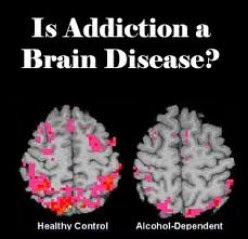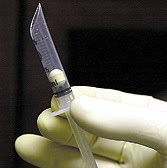Neuroscientists at the University of California, Berkeley, have discovered that the orbitofrontal and anterior cingulate cortex in the frontal brain regulates our choices that can result in addictive and compulsive behavior. Jonathan Wallis, associate professor of psychology and neuroscience at UC Berkeley and the principal investigator of the study researched the phenomenon in which addicts go to any length to fulfill their cravings, despite any negative consequences to health, relationships, finances etc. “In the new study, he and fellow researchers targeted the orbitofrontal cortex and anterior cingulate cortex — two areas in the frontal brain — because previous research has shown that patients with damage to these areas of the brain are impaired in the choices they make. While these individuals may appear perfectly normal on the surface, they
Tag: craving
Naltrexone May Soon Treat Heroin Addiction
Recent Norwegian research suggests that naltrexone implants could significantly reduce heroin dependency, which could have an enormous impact on available treatments for heroin addicts. Unlike naltrexone, current treatments for heroin addiction typically involve the use of other addictive morphine-like substances, such as methadone and Subutex. “Naltrexone is an opioid receptor antagonist used primarily in the management of alcohol dependence and opioid dependence. It is marketed in generic form as its hydrochloride salt, naltrexone hydrochloride, and marketed under the trade names Revia and Depade.”Researchers studied roughly 56 willing heroin-dependent patients. Twenty-three of the participants had a total of 20 pellets surgically implanted just beneath the skin, which contained naltrexone and a saline solution that allowed for a slow release of the medication to generate a six-



